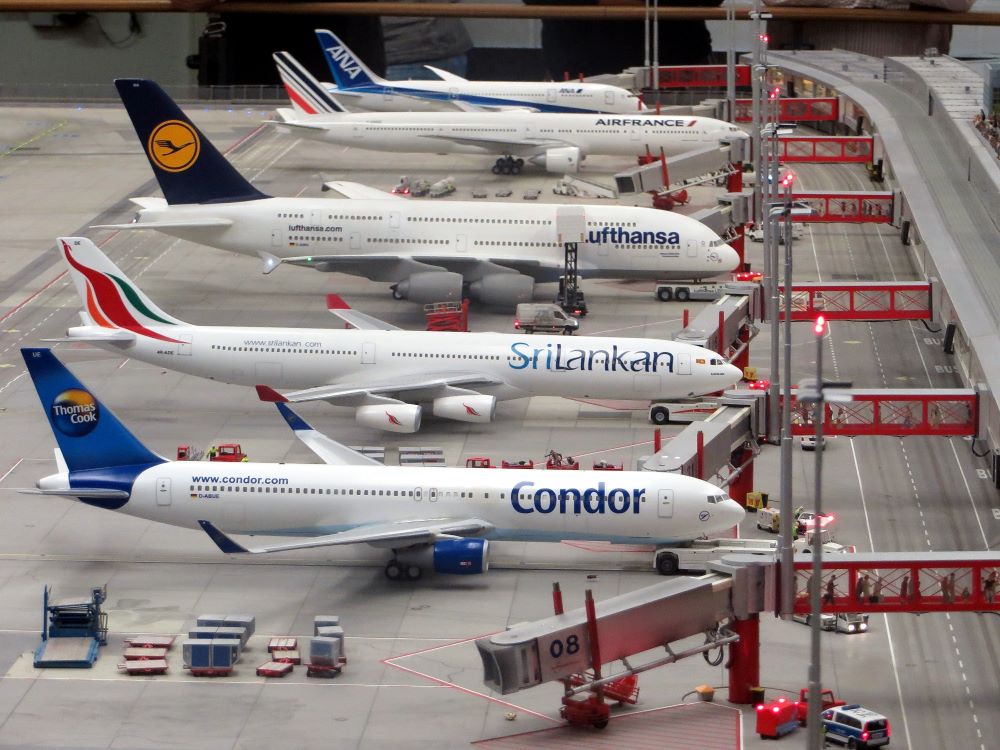In a pioneering move towards sustainable aviation, Vattenfall has teamed up with Airbus, along with Avinor, SAS, and Swedavia, through a Memorandum of Understanding (MoU). This collaboration aims to explore the feasibility of establishing a hydrogen infrastructure at airports across Sweden and Norway.
This joint effort is set to enhance the understanding of hydrogen aircraft concepts, operations, and the necessary supply and infrastructure, including refueling requirements at airports. The initiative will pave the way for the development of a hydrogen aviation ecosystem within both countries, pinpointing suitable airports for the transformation to accommodate hydrogen-powered aircraft and outlining the necessary regulatory frameworks.
Kicking off with a one-year feasibility study covering more than 50 airports across two countries, this partnership reflects a unified goal to leverage their combined expertise in promoting the aviation industry’s decarbonization and achieving net-zero carbon emissions by 2050.
Guillaume Faury, CEO of Airbus, highlighted hydrogen’s pivotal role in achieving a sustainable aviation future. “Norway and Sweden, with their demanding aviation sectors and potential for renewable energy-based hydrogen production, are ideal for this venture. This collaboration aligns with our strategy to establish hydrogen aviation ecosystems in regions most prepared for this transition,” he stated.
Anna Borg, President and CEO of Vattenfall, expressed the company’s commitment to facilitating industry decarbonization. “Aviation presents a considerable challenge in moving away from fossil fuels. This cross-border initiative showcases our collective commitment to change. We’re eager to contribute our expertise in electricity market development, electrical infrastructure, and hydrogen production in Sweden,” she remarked.
The adoption of hydrogen as a fuel for future aircraft is anticipated to drastically lower emissions, not just in-flight but also for ground-based air transport activities.
In 2020, Airbus unveiled its ZEROe concept, setting a goal to introduce the world’s first hydrogen-powered commercial aircraft by 2035. Furthermore, Airbus initiated the “Hydrogen Hub at Airports” program to spearhead research into the infrastructure needs and transition towards low-carbon operations at airports, covering the entire value chain.



